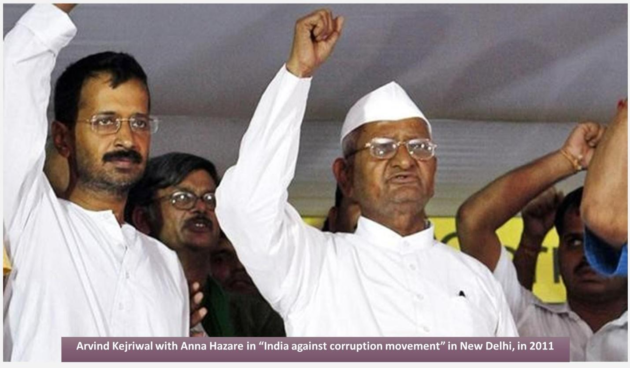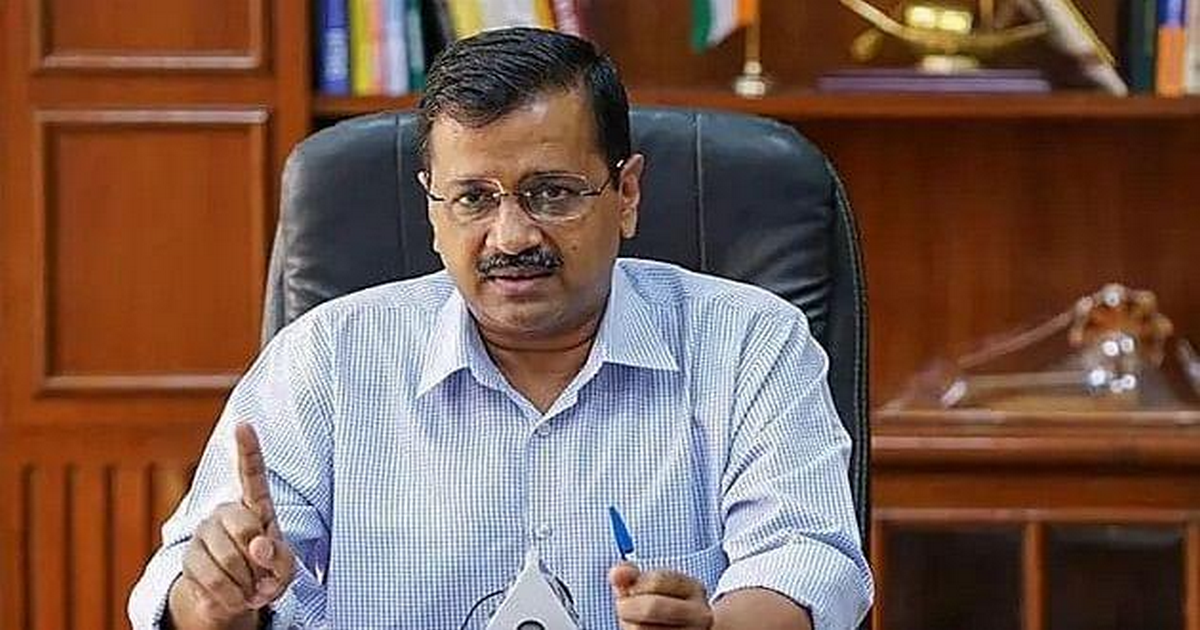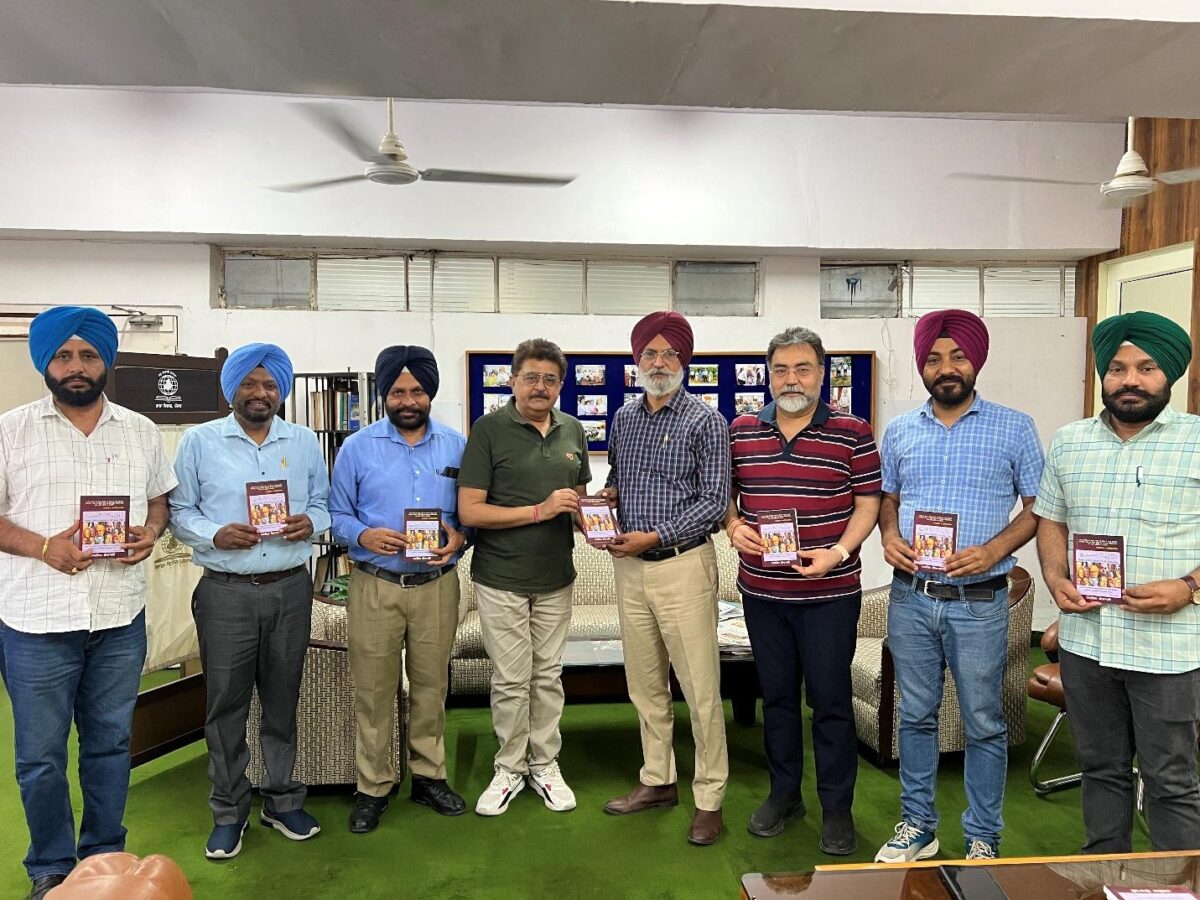
SALIL GEWALI
Aam Aadmi Party of India was born with professed austerity. Fighting rampant corruption in Indian politics and governance was its prime motive. First initiated by Anna Hazare, the movement was fully supported by the general populace, which was later politically capitalized by Arvind Kejriwal and his colleagues. Soon after the 2013 Delhi election victory, AAP Chief Arvind Kejriwal thundered that his party colleague would never take any government-provided posh bungalows. They would instead prefer smaller government flats. It earned the party more popularity by the day. People thought that something “extraordinary” would happen to the nation.
In the initial days, without any false show and pomp, the Delhi Chief Minister Arvind Kejriwal and his MLAs were often seen even commuting by ordinary auto rickshaws and mixing with every poor person on the street. This further helped the party win the hearts of the underprivileged in the capital city, besides other top intellectuals in the country. But, a few years down the line, the thing has seemingly turned topsy-turvy. The blatant corruption and ostentation in the party have seen many of its MLAs behind bars while others left the party in frustration. The party has time and again been heavily criticized for collecting donations from abroad from NGOs and people whose credential are doubtful. It is often reported that AAP works hand-in glove with certain forces involved in treasonable activities only to remain in power.

While the arrest of Deputy Chief Minister Manish Sisodia on charges of corruption in an alleged liquor scam tarnished the party’s image, the recent news of the extravagant renovation of the Chief Minister’s House left many dumbfounded. Brought forth first by Times Now Navbharat, a popular news media, the Delhi Chief Minister has allegedly spent close to 450 million in refurbishing his official residence at Civil Lines in New Delhi. This is unacceptable to the general masses. Over Rs 10 million was spent merely on curtains for the house, while interior decoration gobbled up over Rs 110 million. A whopping Rs sixty million was splurged on marble floor tiles. It is alleged that the CM set his eyes on curtains costing Rs 7,94,000 per piece and thus ordered 23 pieces for the entire set-up. The premium ‘Dior Pearl Marbles’ were brought all the way from Vietnam to jazz up the house, costing Rs 30.30 million. How could one reconcile that the leader of frugality suddenly chooses a wardrobe of Rs 10.41 million while having a taste for kitchen appliances that touched 10.1 million?
What is most unbecoming is that all these extravagant ideas occurred to the CM’s mind when the capital city was “seriously plagued” by COVID-19.
A senior government employee from Delhi laments on social media: “This is how some of our leaders shamelessly luxuriate in the tax-payers’ hard-earned money and cheat the gullible public. This episode has hurt Anna Hazare and his followers more than any other.” One wonders why the party that promised to root out corruption and uplift the underprivileged so quickly deviated to embrace the life of luxury and opulence. Some of our leaders may fool people with their rhetoric and continue refurbishing their houses and what have they, but will they ever be able to “refurbish” their guilt-filled hearts? No, not at all. The laws of karma will cut them down to size at the end of the day. Moreover, luxury is inherently illusive, it only corrupts one’s inner-self. Needless to say, the lust for affluence does not guarantee true peace of mind, while integrity in action and service always ensures both peace and bliss here and hereafter.
*****
An India-based writer and researcher, Salil Gewali is best known for his research-based work entitled ‘Great Minds on India’ that has earned worldwide appreciation. Translated into thirteen languages, his book has been edited by a former NASA scientist – Dr. AV Murali of Houston, USA. Gewali is also a member of the International Human Rights Commission, Zürich, Switzerland.




































